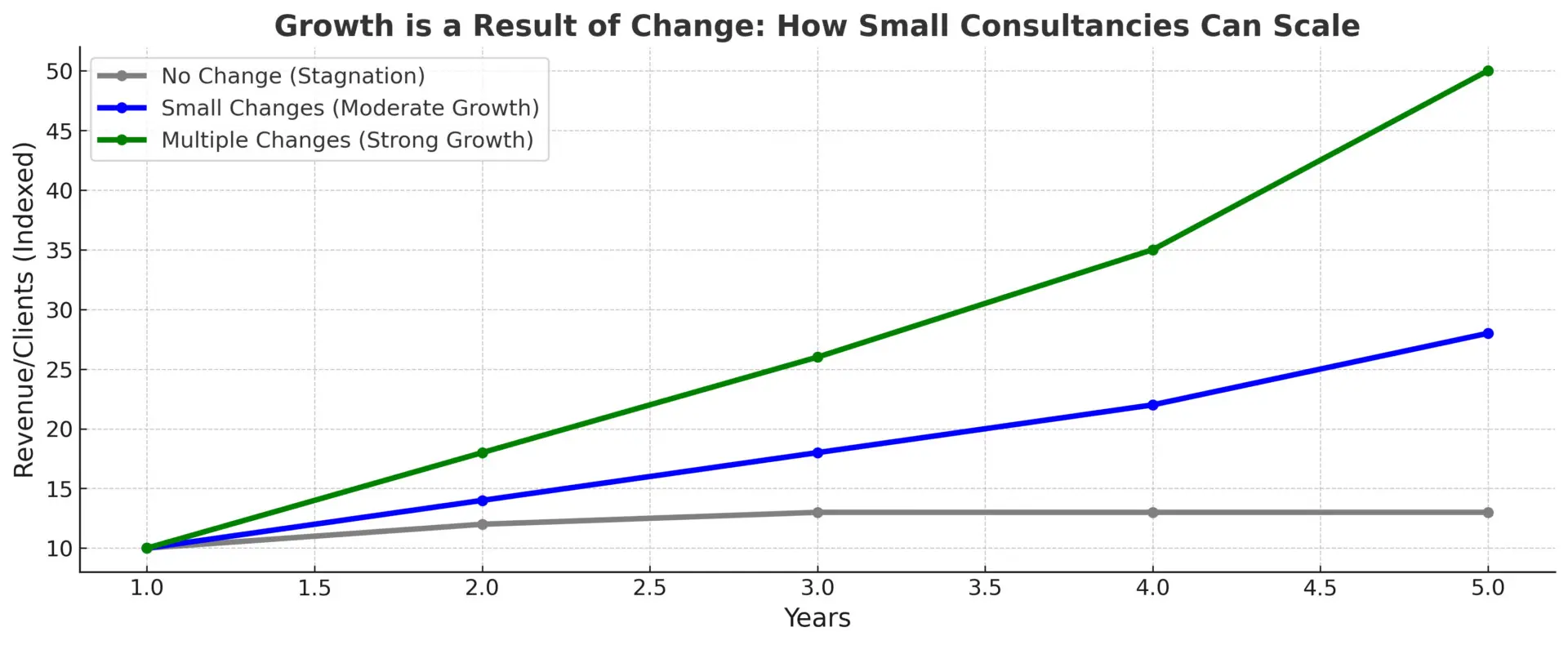
In an era where the business landscape is as volatile as it is dynamic, organizations across the globe are in a constant quest for methodologies that promise not just an enhancement in operational efficiency but a substantial elevation in product and service quality. Emerging from the foundational practices of the Toyota Production System of the mid-20th century, lean management has positioned itself as a pivotal strategy for industries aiming to achieve excellence far beyond its automotive birthplace. This strategy’s applicability across various sectors, including healthcare, finance, and various service industries, underscores its adaptability and the universal value it brings.
The essence of lean management is distilled into the principle of continuous improvement. This philosophy is not just about making incremental changes for the sake of optimization but is a concerted effort towards elevating both the efficiency and the quality of every operational facet. Lean management is structured on foundational principles that guide organizations toward streamlined, efficient operations:
Customer-Defined Value: The driving force behind lean management is delivering maximum value to the customer, which necessitates an in-depth understanding of what the customer truly values. This understanding sets the course for all process improvements, aiming to eliminate anything that does not contribute to this value.
Value Stream Mapping: By delineating every step in the production or service delivery journey, organizations can effectively pinpoint where value is added and where it is not, allowing them to focus their efforts on processes that truly matter.
Seamless Operational Flow: The aim is to ensure that each operational step fluidly transitions into the next, minimizing any delays or inefficiencies and thus facilitating a smoother journey of the product or service to the customer.
The Pull Principle: In stark contrast to the traditional push-based models predicated on forecasts, lean management espouses a production system that is directly responsive to actual customer demand.
The Imperative of Perfection: The pursuit of lean is an ongoing journey characterized by the relentless quest to identify and eliminate waste and to continually refine and improve processes.
Lean management brings to the fore a suite of innovative concepts and practical tools designed to eradicate waste and foster continual process enhancements:
Eradicating Waste: At the crux of lean management is the relentless focus on identifying and eliminating waste, defined as any process that consumes resources without adding value for the customer.
Kaizen: This is a collective endeavor that engages every tier of the organization, from the C-suite to the frontline workers, in a unified push toward regular, incremental process improvements.
Jidoka: This principle empowers machines with the autonomy to stop production upon the detection of a defect, thus ensuring that only products of the highest quality move through to the next stage of production.
Just-In-Time Production: By aligning production with actual demand, JIT significantly slashes inventory levels and mitigates waste, ensuring that resources are allocated as efficiently as possible.
Practical tools like 5S, Kanban, and Value Stream Mapping serve as the tangible mechanisms through which workplaces are organized, production flow is managed, and processes are visualized and subsequently refined for greater efficiency and quality.
The adoption of lean management can catalyze a fundamental transformation within an organization, delivering a plethora of benefits from cost savings through waste reduction to heightened customer satisfaction by delivering greater value and from streamlined processes that boost productivity to a culture of flexibility that enables rapid adaptation to market changes.
Lean management is more than a set of operational tweaks; it represents a profound cultural shift that ingrains the ethos of continuous improvement into the very DNA of the organization. It demands a paradigm shift in mindset: from a focus on doing more with less to a focus on doing better with less. As organizations chart their courses through the complexities of today’s business world, lean management emerges not just as a strategy for operational excellence but as a cornerstone for sustainable growth, unmatched quality, and enduring success.


